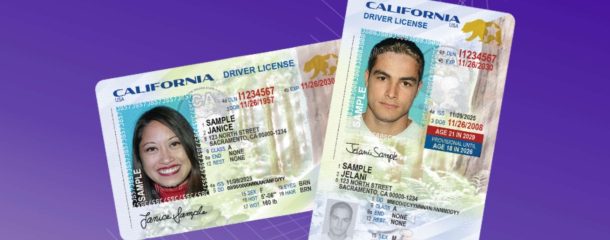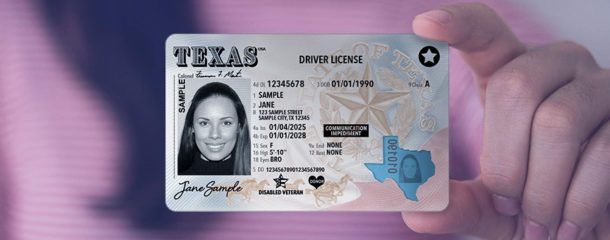
Securing Identity Management
It is essential for governments to guarantee every citizen a reliable and secure identity, ensuring that all transactions are authenticated and verifiable in both the physical and digital worlds. This, in turn, simplifies access to public and private services. A robust identity is also crucial for strengthening social and financial inclusion.
-
1.2 billion
people benefit from India’s Aadhaar biometric program
-
40+
years of experience in identity verification
-
#1
supplier of driver’s licences in the United States
The Importance of a Secure Identity
A secure identity is the foundation of a safer world—one in which everyone can live and thrive with confidence. Thanks to our expertise in biometrics and artificial intelligence, we help governments and private organisations provide every individual with a trusted, lifelong identity.
Our identity-management solutions create a single source of trust for governments and businesses alike. They protect people in their daily lives while supporting countries’ digital transitions through a reliable infrastructure. Our digital solutions streamline administrative procedures and open new channels of interaction between governments and citizens.
End-to-End Identity-Management Systems
Our tailored identity solutions address the specific needs of states—for example, in the United States, where we produce driver’s licences and passports that incorporate advanced security features to protect personal data against fraud.
Secure Digital Identity Systems
Our modular approach enables the deployment and management of a secure digital-identity system. By leveraging biometrics, we guarantee the highest level of security when creating, verifying and authenticating identity, in full compliance with national regulations such as those in the United States.
At IDEMIA, we are committed to delivering bespoke identity-management systems to governments worldwide. Our goal is to enhance individual security and facilitate seamless travel through identity solutions, biometric technologies and documents engineered to resist fraud.
Discover Our Products and Services
Our turnkey systems are easy to deploy, maintain and scale. From driver’s licences to secure digital-identity systems, we meet the world’s most stringent regulatory requirements.
Latest News

Related content






















